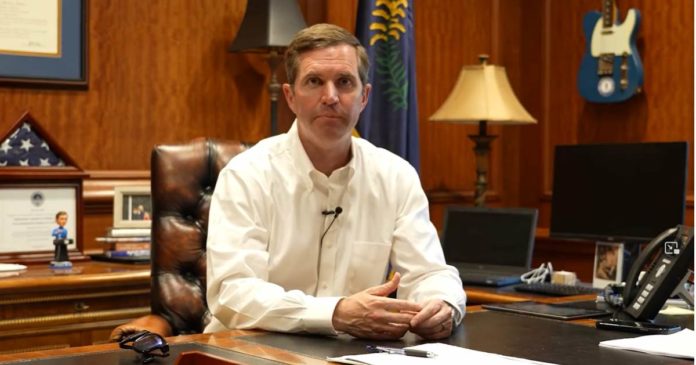Kentucky Governor Andy Beshear is continuing to push ahead on medical cannabis, making good on a couple of important initial steps he committed to.
In late April we reported Governor Beshear was becoming increasingly frustrated with the pace of change in Kentucky and lawmakers’ failure to act on making medical cannabis accessible; so the Governor decided to take matters into his own hands.
Among the steps to be taken were gaining counsel on executive action, establishing an advisory team and providing a way for Kentuckians to provide feedback.
Yesterday, Governor Beshear announced the members of his Medical Cannabis Advisory Committee who will provide advice to him on securing access to medical cannabis for Kentucky patients suffering from chronic pain and other conditions. Apparently there was a huge amount of interest from people putting their hands up for a spot on the committee.
There will be 17 members on the team initially who all have relevant health care, law enforcement, advocacy and criminal justice experience. They won’t just be providing advice based on their own knowledge and opinions, but also on feedback from Kentuckians gathered from town hall meetings yet to be scheduled.
“Too many Kentuckians are suffering from chronic pain and medical conditions for which medical cannabis could offer relief,” said the Governor on Facebook. “Nearly 90% of Kentuckians support legalizing cannabis, yet lawmakers have failed to act. It’s time something is done – so today I took action.”
Governor Beshear also announced the launch of a new website where Kentuckians can submit their own feedback. It’s very bare-bones at the moment, but from little things, big things grow.
“I want to make sure every voice is heard as I am weighing executive action that could provide access to medical cannabis in the commonwealth,” stated Gov. Beshear.
In terms of legal options for executive action, he said that process is continuing.
“I remain committed to moving this issue forward and to everybody out there who is just looking for a little bit of help. Now, other states are providing it – so should we.”


